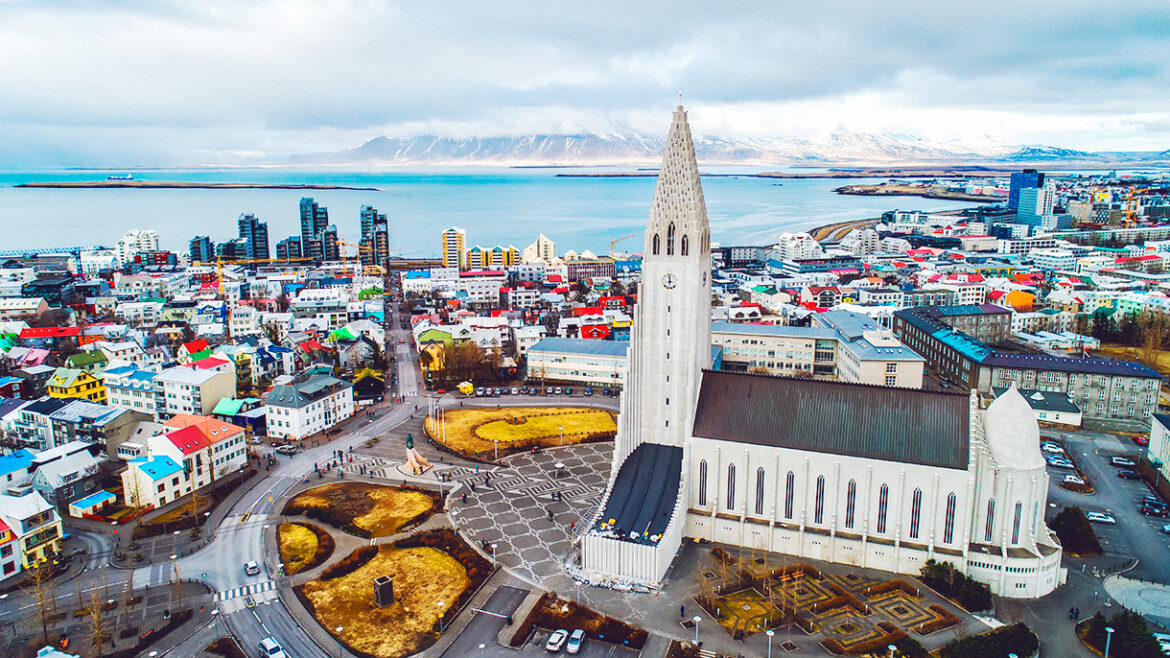In today’s global economy, the dream of studying or moving abroad often comes with a hefty price tag. However, Iceland, a stunning Nordic island country, offers a unique opportunity to pursue higher education without paying tuition fees. This guide will explore how you can take advantage of Iceland’s open doors to international students, the steps involved in applying to Icelandic universities, and how to secure your student visa. If you’re ready to take the next step in your academic and professional journey, Iceland may be the perfect destination.
Why Choose Iceland?
Iceland is renowned for its breathtaking landscapes, geothermal energy, and Viking history. Despite its cold climate, which deters some potential immigrants, Iceland offers significant advantages for those who dare to embrace its environment:
- Free Tuition: Tuition fees at public universities in Iceland are completely free for both domestic and international students. The only financial requirement is a modest annual registration fee ranging between $500 and $550.
- Low Competition: Due to its cold climate and remote location, Iceland is not a crowded destination for international students. This lower demand translates into higher acceptance rates for visas and university admissions.
- Family-Friendly Immigration: Students are allowed to move to Iceland with their families, making it an attractive option for those with dependents.
- Diverse Academic Opportunities: Iceland’s universities offer programs across various fields, catering to students in technology, law, healthcare, engineering, and more.
Icelandic Universities: Where to Apply
Iceland hosts seven universities, offering diverse programs with some taught in English:
- University of Iceland: Focuses on law, theology, and medical health programs.
- Reykjavik University: Specializes in energy, sustainable development, computer science, and engineering.
- University of Akureyri: Known for programs in environmental law and regional development.
- Iceland Academy of the Arts: Offers programs in the creative arts.
- Bifröst University: Provides business and social science programs.
- Hólar University: Focuses on equine studies, tourism, and aquaculture.
- Agricultural University of Iceland: Specializes in agriculture and environmental sciences.
Admission Requirements and Application Process
Unlike some countries, Iceland does not have a centralized application system. Applications must be submitted directly to each university. The general requirements include:
- Completed Online Application Form: Each university has its own portal.
- Academic CV: Highlighting educational background, research, and work experience.
- Motivation Letter: A persuasive essay explaining why you chose Iceland and the specific program.
- Transcripts and Diplomas: Official records from previous institutions.
- Two Letters of Recommendation: From academic or professional references.
- Proof of English Proficiency: IELTS (minimum 6.5), TOEFL (minimum 75), or PTE Academic.
- Valid Passport: A copy of your current passport.
- Proof of Payment: A non-refundable application fee, typically around $60.
Document Legalization
All official documents must be legalized with an apostille and translated into English or Icelandic. This process can take 4-8 weeks and ensures that your credentials are recognized by Icelandic institutions.
Tuition and Other Fees
While tuition is free, students are required to pay a modest annual registration fee ($500-$550). Private universities, like Reykjavik University, may have higher fees, especially for specialized programs.
Scholarships in Iceland
Several scholarships are available to ease the financial burden:
- Sustainable Future Scholarship: For master’s students in energy and sustainable development ($2,000-$9,000).
- Amy Magnusson Institute Scholarship: Provides monthly stipends for language students at the University of Iceland.
- Dean’s List Scholarship: Offers tuition discounts for outstanding bachelor students at Reykjavik University.
Student Visa and Resident Permit Process
Once admitted, the next step is obtaining a student visa and resident permit:
- Apply for Resident Permit: Submit your application before July (for autumn intake) or November (for spring intake).
- Category D Visa: Once your permit is approved, obtain this visa from the Icelandic embassy.
- Resident Card: Upon arrival, you’ll receive your resident card, allowing you to stay for your studies.
Required Documents for Visa Application:
- Completed application form
- Valid passport
- University admission letter
- Passport-size photo
- Proof of health insurance (minimum coverage of $114,000)
- Criminal record certificate
- Housing reservation in Iceland
- Proof of funds ($1,500 per month for at least nine months)
Tips for a Successful Application
- Start Early: Due to varying deadlines, begin the application process as soon as possible.
- Prepare Financially: Double the required proof of funds to avoid visa rejections.
- Tailor Your Motivation Letter: Clearly articulate why you’re interested in Iceland and how the program aligns with your goals.
- Engage with Professors: For research programs, proactively seek out potential supervisors.
Final Thoughts
Iceland offers a rare and valuable opportunity for international students to gain a world-class education without the burden of tuition fees. Its welcoming immigration policies, high-quality universities, and stunning environment make it a compelling destination for those ready to embrace change.
Now is the time to take action. Research your preferred programs, gather your documents, and begin your journey toward studying and living in Iceland. This opportunity won’t last forever—seize it while it lasts.
The world is waiting. Will you answer the call?

